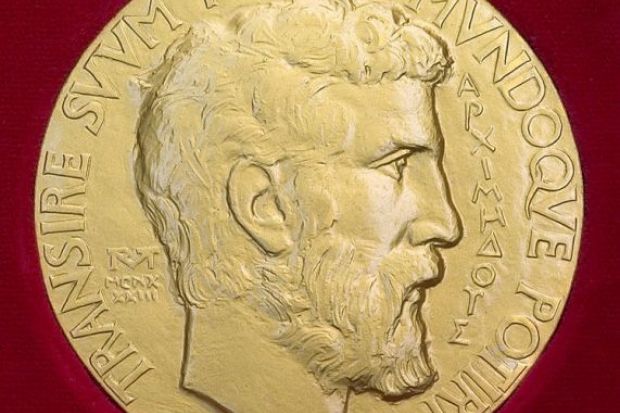Swiss-, UK- and US-based mathematicians have won three of 2022’s four Fields Medals, a spread that campaigners say strengthens the case for open European Union collaboration.
The prize, awarded every four years to up to four mathematicians under the age of 40, is often referred to as the “Nobel Prize of mathematics”.
This year’s winners were Hugo Duminil-Copin, of the University of Geneva and Paris’ Institut des Hautes Études Scientifiques; June Huh, of Princeton University; James Maynard, of the University of Oxford; and Maryna Viazovska, of the École Polytechnique Fédérale de Lausanne.
Responding to a question from Times Higher Education at an event celebrating Professor Duminil-Copin’s win, Yves Flückiger, Geneva’s rector and president of the national rectors’ conference Swissuniversities, said it was “very striking” that three of the four were based outside the EU.
Professor Flückiger has been a major campaigner for Switzerland and the UK to be allowed to join the EU’s Horizon Europe research programme, a process blocked by long-standing political issues.
“The current situation means that, due to political reasons only, some of the top scientists in Europe are prevented from working together to tackle global challenges,” said Kurt Deketelaere, secretary general of the League of European Research Universities, which counts two of 2022’s Fields-winning institutions as members.
Both have called on the European Commission to allow the countries to fully participate in Horizon under the Stick to the Science campaign, which also counts previous Fields winners as supporters.
The international prize, which comes with a gold medal and C$15,000 (£9,600) in cash, has been won most often by mathematicians based in the US, France, Russia and the UK, in descending order.
“Science is universal, and we cannot imagine a future with a science of Asia, a science of Europe, a science of the US,” Antoine Petit, chief executive and president of France’s National Centre for Scientific Research and another association campaigner, told THE.
Referring to Professor Duminil-Copin, he said: “The collaborators of Hugo cover all the world, so I think it’s very important for science to be international.”
Professor Deketelaere urged European Commission president Ursula von der Leyen to “facilitate the association of both countries to Horizon Europe ASAP”.
